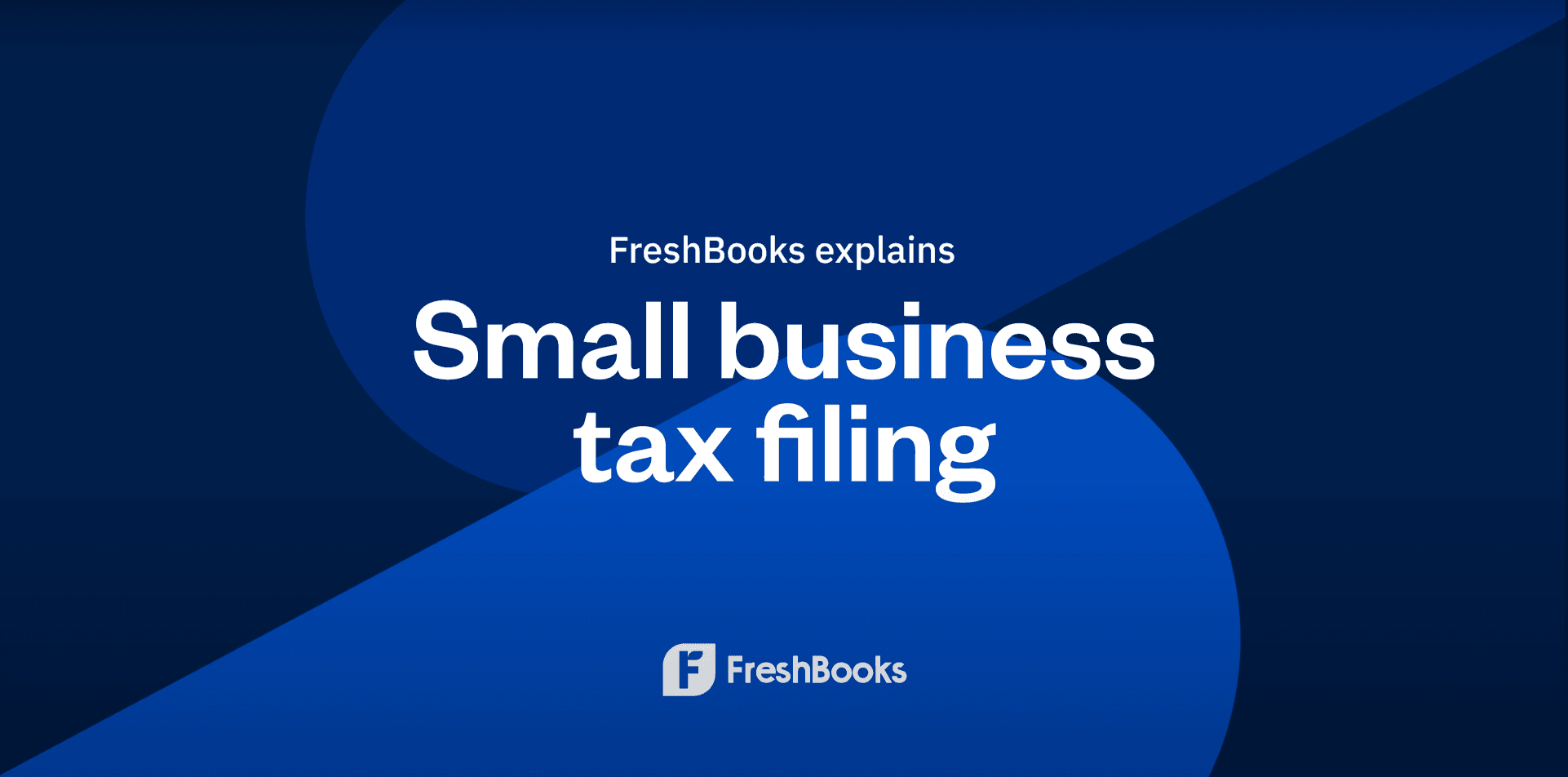
🌟 KEY TAKEAWAYS
Allowable expenses are not taxable and reduce how much tax you pay on your profits.
Disallowable expenses are taxable and cannot be written off at tax time.
Expenses may be allowable if they are wholly and completely incurred by the normal, everyday costs of running a business.
It is important to keep all receipts and proof when you claim expenses for at least 5 years after filing your taxes in case the HMRC requests documentation.
The following article will outline some of the most common legal tax write-offs for UK business owners and sole proprietors.
What are Allowable Expenses?
Allowable expenses is a term that is used to describe any costs or expenses incurred while running your business that are considered non-taxable by His Majesty’s Revenue and Customs (HMRC). These costs can be deducted from your overall taxable profit amount, which will reduce the amount of taxes you have to pay. To be considered expenses you can claim by the HMRC, they must be used solely for the purpose of running your business and cannot include any personal spending.
Allowable Expenses for Individuals
There are many allowable expenses self-employed individuals, seeking to optimize their self-employed expenses, can use to reduce their tax payment amount. The following are some of the most common deductions.
1. Travel Expenses
One of the top allowable expenses sole traders take advantage of is travel, including hotel rooms or other accommodation costs, meals on overnight business trips, and train, bus, air, and taxi fares when travelling for work.
2. Uniform and Work Clothing
Clothing expenses like uniforms, protective clothing that is needed for work, and costumes for actors and entertainers are all allowable expenses in taxation.
3. Professional Memberships
You can claim tax relief for any professional membership fees or annual subscriptions to approved societies if it is relevant to your work or if you must pay the fees to do your job.
4. Home Office Expenses
Most types of home office equipment are considered allowable expenses for self-employed individuals if used for less than If you are working from home, you may also be eligible for working from home tax relief, allowing you to claim expenses related to your home office setup.
5. Tools and Equipment
Purchasing and maintaining essential tools required to do your job are expenses allowable for tax deductions in the UK.
6. Training and Development
Training and developing your skills to improve your skills and productivity or further your career path are both considered sole trader expenses that are allowable.
7. Professional Fees
HMRC allowable expenses for professional fees include hiring an accountant, getting advice from a solicitor, or hiring an architect or surveyor for your business.
8. Trade Union Subscriptions
Most subscriptions to trade unions are not deductible unless they are paid to a body approved by the HMRC and the union activities directly benefit the performance of the worker’s duties.
9. Charitable Donations under Gift Aid
A helpful item found on the self-employed allowable expenses list is donation through Gift Aid. When you donate to charities and community amateur sports clubs (CASC), they can claim an additional 25p for every £1 you give (meaning they can increase the value of your donation by 25%) as long as you pay sufficient UK tax.
10. Costs of Buying, Renting, or Running a Vehicle
Vehicle expenses like fuel, insurance, repairs, business mileage, and servicing can all be claimed as expenses that are allowable, as can purchasing or renting a vehicle, but only if it is used for business.
Allowable Expenses for Businesses
Business owners can write off expenses that are incurred exclusively during the everyday running of their business and paid through the company’s bank account. The following are some common expense claims businesses can make.
1. Salaries and Wages
Employee and staff wages and salaries, along with benefits, pensions, agency fees, cost of hiring subcontractors, National Insurance contributions, and training courses related to business, are all allowable business expenses.
2. Rent and Utilities
Businesses can claim rent on business premises and utility bills as an allowable expense. Even home offices can claim a percentage of the home’s utilities and rent.
3. Office Supplies and Stationery
Regular office costs like phone bills, stationery, printers and cartridges, postage, and other equipment expenses can be claimed as sole trader business expenses, as can computer software if your company uses it for less than 2 years or makes payments to renew the licence.
4. Advertising and Marketing
Expenses like newsprint ads, mailers, free samples, and website costs are considered allowable expenses by the HMRC and can be claimed on your taxes.
5. Travel Expenses
When you or an employee must travel for business, you can claim expenses, including train, bus, air, and taxi fares, fuel costs, reasonable hotel room costs, and the price of meals on overnight business trips.
6. Business Insurance
Business insurance and professional indemnity insurance premiums are deemed as small business and limited company allowable expenses by the HMRC.
7. Professional Fees
If you hire professional accountants, solicitors, surveyors, architects, etc., for your business work or legal costs, you can claim their fees on your taxes.
8. Depreciation
The depreciation amount of fixed assets is only considered allowed expenses in very specific cases. Structure and Building Allowances, cars, certain machinery, and R&D allowances are considered allowable expenses for limited company owners.
9. Bad Debts
If a loan or credit agreement has an unreasonably high interest rate, or there are high fees associated that make it difficult to pay back, it may fall under the UK bad debt provision, making it a deductible expense.
10. Research and Development
When a company engages in research and development (R&D), qualifying activities like subcontractor or freelancer costs, materials, consumables, and more are tax deductible.
11. Training and Development
The expenses incurred by staff training and employee development courses are allowable when they directly relate to the employee’s job. For example, taking a computer course or training on a new piece of machinery.
12. Interest and Bank Charges
You can claim business costs for interest on loans, leasing payments, bank charges, overdraft charges, credit card charges, hire purchase interest, and alternative finance payments.
13. Stock and Inventory Costs
The cost of purchasing goods for resale (stock), raw materials, and the direct costs from purchasing inventory you plan to sell is considered an allowable business expense.
Keeping track of all of your expenses all year long does not have to be difficult. Using helpful accounting software like FreshBooks makes tax preparation and filing much simpler. See the following video to find out more about how FreshBooks can make tax prep easier for you.
What are Disallowable Expenses?
Along with allowable tax expenses in the UK, there are also disallowable expenses, meaning costs incurred by your business that the HMRC does not consider worthy of a tax break.
These expenses may be related to your business, but if they are not “wholly and exclusively” used for business purposes or do not meet the standards of the HMRC, you cannot claim them as deductions.
Disallowable Expenses for Individuals
Any self-employed individual, freelancer, or small business owner can benefit from perusing the following list, which answers the question, “What are disallowable expenses for my sole proprietorship?”
1. Private Expenses
You cannot claim any expenses that are not 100% related to your business, like personal vehicle use, domestic help in the home, or tools used on personal projects.
2. Fines and Penalties
Because fines and penalties are incurred due to illegal activities, the HMRC does not consider them eligible for tax breaks.
3. Non-Business Entertainment
Any expense incurred that is not 100% business-related, or is not a reasonable, normal expense, is not tax deductible. This can include hotel film charges, alcoholic drinks at dinner, or upgrading a flight to first class on a business trip.
4. Gifts and Hospitality
In general, gifts and hospitality are considered as entertainment and are non-deductible. The only exceptions are gifts that cost less than £50 per year per recipient and display a prominent business logo or advertisement.
5. Non-Business Travel
You cannot claim any travelling expenses or costs that are not directly related to business, nor can you claim any money spent on travel between home and work.
6. Capital Expenditure
You can deduct some of the value of “plant and machinery” items like essential equipment, business vehicles, or machinery from your profits as capital allowances.
7. Non-Qualifying Charitable Donations
Any gifts to unregistered or non-qualifying charities (those that do not meet the conditions in the Finance Act 2010, Schedule 6) are not considered eligible for a tax benefit.
8. Excessive Clothing Claims
Everyday clothing is not an allowable expense, even if you wear it for work. It must be specifically related to your job and cannot be worn outside of work for personal use.
9. Non-Work-Related Training
Any classes or training that are not done to improve your understanding, skill set, or ability to do your job are not considered eligible for a tax break.
10. Non-Trade Loan Interest
Interest that is paid on loans based on investments is considered a disallowable expense by the HMRC.
Disallowable Expenses for Businesses
The following are some of the important disallowable expenses for business that all company owners should know. These are expenses that cannot be claimed on your taxes.
1. Private Expenses
The only allowable expenses for employees and employers to claim during tax time are those incurred when paid “wholly and exclusively” for business expenses. If you cannot prove that the expenses are for the business, they are considered disallowable.
2. Fines and Penalties
Any fines or penalties that are imposed because of law-breaking activities are not tax deductible, although the legal fees paid for defending the actions may be.
3. Entertainment Expenses
The cost of entertaining clients is a disallowable expense for corporation tax purposes, so you will have to cover the cost using your company bank account.
4. Gifts to Clients or Suppliers
Gifts are treated the same as entertainment by the HMRC. Nothing is expected in return from a gift, and it therefore has no business or trade value.
5. Political Donations
Donations to political parties are almost always made for non-trade purposes and are therefore not eligible for tax deductions.
6. Loan Interest on Personal Borrowing
While business loan interest may be eligible, loan interest on any personal borrowing cannot be claimed as a tax benefit.
7. Excessive Directors' Salaries or Bonuses
When a director of a company is paid more than any other member of the staff, or when they withdraw an amount or receive a bonus that is not appropriate to the financial circumstances of the company, tax relief is not granted by the HMRC.
8. Expenses Not Supported by Documentation
You must always have receipts, invoices, and other supportive documentation when claiming business expenses in case the HMRC conducts an audit.
9. Excessive Expenses Claims
Any claims that go beyond reasonable, everyday costs of maintaining and running a business are considered excessive and are not deductible.
10. Depreciation of Non-Business Assets
You cannot claim the depreciation amount of non-business assets like home computers, personal vehicles, or buildings and land not directly related to the business.
11. Non-Business-Related Travel
Like individuals, businesses cannot claim any travelling expenses that are not directly related to business, including employee travel between home and work.
How to Claim Allowable Expenses
Follow these steps to claim an allowable expense on your taxes:
- Make sure you keep all records of all of your business’s total allowable expenses, like receipts, bank and credit statements, and invoices, for 5 years, as this will act as proof of your claimed costs.
- Add up all of your allowable expenses for the entire tax year, and put the total on your Self Assessment return. Third-party accounting software can help automate this process and make it easier for you.
- Make sure all records are accurate before submitting.
- Submit your tax return online by January 31st, following the tax year. (For 2024-2025, the deadline is January 31st, 2026) and make sure to pay tax on time.
Take Control of Your Expenses with FreshBooks
When it comes to tracking allowable expenses, limited company owners, small business proprietors, and solo freelancers benefit from using accounting software like FreshBooks to manage travel expenses and keep receipts and business records organised.
FreshBooks has an expense tracking feature for your small business and is designed to work seamlessly with the self-assessment tax program on the HMRC website, making tax time a breeze.
Sign up for a trial today, try FreshBooks free, and see why it is the best online accounting software for small businesses in the UK.
FAQs About Allowable & Disallowable Expenses
The following are some of the most frequently asked questions posed by UK citizens who want to know more about tax deductions for their small businesses. Find out more about company expenses and taxes below.
Will HMRC ask for proof of expenses?
Not usually. You don’t have to send in receipts and proof when you submit your tax return, but make sure to keep all records for at least 5 years in case they have questions. FreshBooks can organise and store your receipts and invoices so you can easily access them when needed.
How much can you claim without receipts?
There is no limit to the amount you can claim without receipts in the UK. Your claims have to be accepted by a tax inspector, so make sure they are reasonable, or they will not be approved.
Are bad debts allowed or disallowed?
Bad debts that are unlikely to be paid back may be allowed as a tax deduction if it is written off as an expense and the HMRC considers them valid, according to the UK accounting standards.












